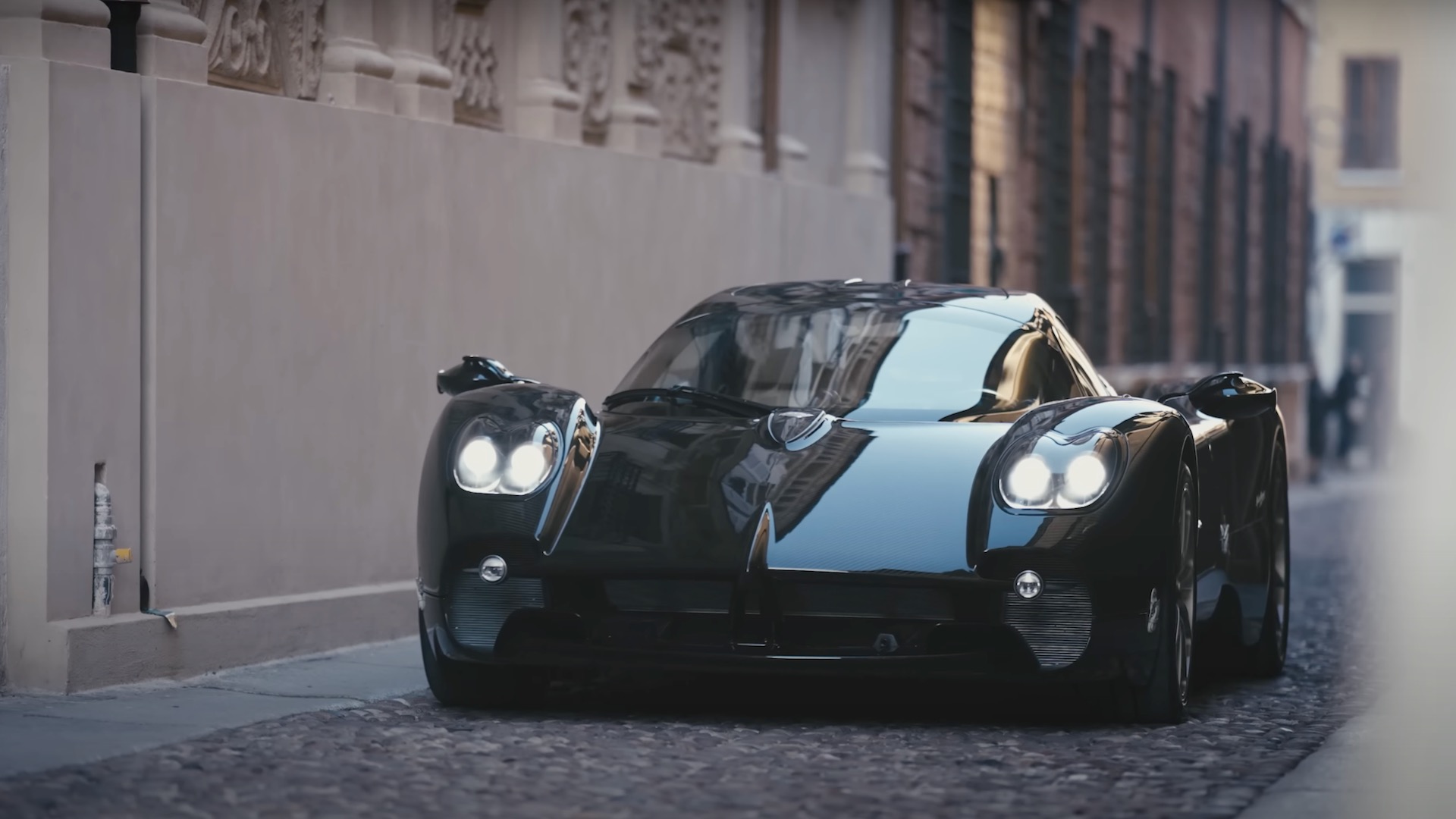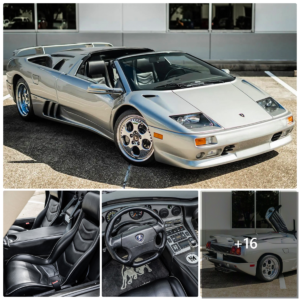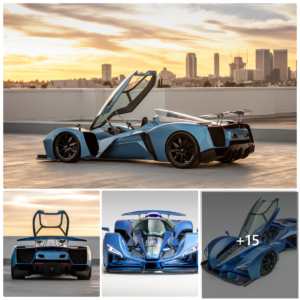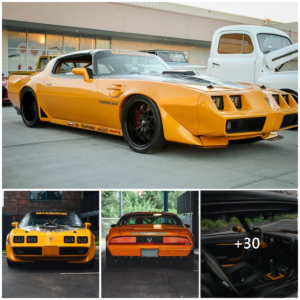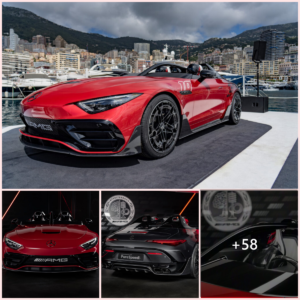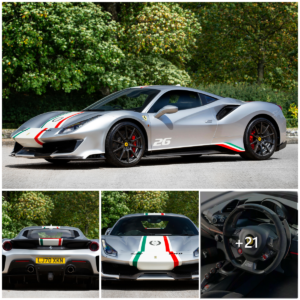The short video released by Pagani shows the Utopia speeding along country roads and navigating narrow European city streets. No high-speed driving is shown, but you do get to admire the Utopia’s clean bodywork.
With the Utopia, Pagani aimed to minimize visible cooling ducts and aerodynamic aids in order to keep the exterior as sleek as possible. A front splitter sends air into the ovoid opening at the front, where it’s then channeled around the sides of the car to active flaps at the rear. Pagani has said this arrangement produces an optimal aerodynamic balance without sensitivity to ground clearance for more predictable handling characteristics.
The Utopia also carries forward some styling features from the Huayra and Pagani’s first supercar, the Zonda. A cab-forward silhouette, quad headlights (in housings machined from solid aluminum), and centered quad exhaust tips give the Utopia a familial resemblance to the cars that came before it.
Another connection to previous Paganis is the engine. Like the Huayra and Zonda, the Utopia uses a Mercedes-Benz AMG V-12. In this case, it’s a twin-turbo 6.0-liter engine that produces 852 hp and 811 lb-ft of torque, with a 6,700-rpm redline. Power is sent to the rear wheels through an Xtrac 7-speed automated-manual transmission, with a conventional manual gearbox to be made available at a later date. Pagani did consider electric and hybrid powertrains, but has shelved them for now.
Pagani plans to build 99 Utopia coupes at an undisclosed price, but that’s likely just the start. If Pagani follows the same pattern as the Zonda and Huayra, you can expect a Utopia roadster and several special editions and hardcore track versions to follow. For now, the Utopia coupe carries on the Pagani tradition of stunning design and pure V-12 power.
